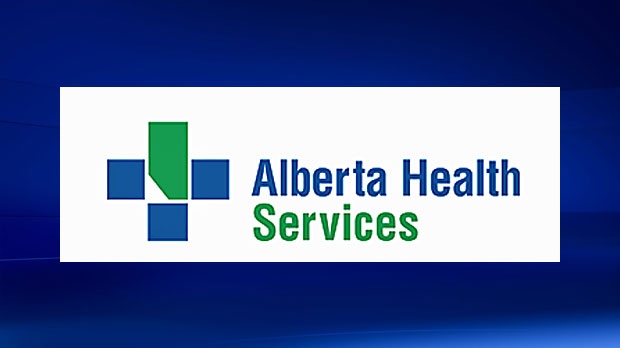by Laura Mushumanski, Local Journalism Initiative Reporter
(ANNews) – Once upon a time, when iceboxes were dirt dugouts, before beaver felt hats were turning the English mad, and when environmental hazards were the leading cause of death among Indigenous population, our ancestors did not worry as much about the prevalent chronic illness, cancer.
Spoken by many Elders, “this is not our disease.” One of the flaws that came after the industrial revolution was brought over to Turtle Island was disease, specifically cancer that has been directly linked to unhealthy diets, lack of exercise, tobacco use other than long hauls taken from ceremonial pipe smoking, and firewater use. In other words, our ancestors were much less likely to inherit such chronic illnesses when they were fit like NFL quarterbacks that chased buffalo instead of pig skin, and ate a traditional diet and lived an active lifestyle.
When Indigenous patients, post-cancer treatment, return back to their communities, there is a grey area where patients in recovery are now having to adapt to, ‘what’s next after cancer treatment?’ And for these patients, their experiences with cancer is never a joyous occasion or a story worth sharing around a campfire.
Since 2019, a team of five Alberta Health Services (AHS) employees have embarked on a journey to put together and collaborate on a relationship based action plan for Indigenous people living with and having experienced manicosak (little bugs), cancer.
When the ‘C’ word – cancer – comes up in conversation, it is not taken lightly. The six-letter word can have a lifelong impact on anyone, and has become too familiar within our Indigenous populations.
The proud Metis citizen of Alberta and team lead for Alberta’s Cancer Control Indigenous Cancer Action Plan, Chris Carriere has been effectively engaging with the community and Elders to hear the stories being shared from our Indigenous brothers and sisters whose lives have been impacted by manicosak.
Carriere has found a way to give back to our community through the compassionate and understanding role that he plays with AHS. Carriere has a background in dietetics and nutritional studies, that came about through his own bouts with health related issues, and since has found his passion within the field of Indigenous healthcare.
The dynamic work being conducted, has an overall goal for this project, which is to change the stories of Indigenous people living with manicosak by working together with community and having conversations around manicosak. Carriere has been working to improve the experiences and stories with Indigenous people living through manicosak to empower our people to learn effective ways to talk about manicosak and bridge cultural teachings with Indigenous healthcare.
Carriere’s team works closely with Elders and community members; their long term thinking is to help the community and the cancer system to come together and support each other by reducing the hardship that comes with experiencing manicosak.
The humility found in Indigenous humour is a form of healing for our Indigenous brothers and sisters. And when speaking to some of the most embarrassing things happening to our bodies when bodily functions are being affected by the chronic illness, shit literally happens.
Our people have always been resilient when facing hardship, and during a vulnerable time in a person’s life when experiencing manicosak, sometimes a quick witted joke about kohkom calling the police, because after treatment it looked like someone stole her backside, can change the narrative about the disease.
For the next two years, Carriere will be leading the Indigenous Cancer Strategy team, building meaningful relationships with Indigenous communities throughout Alberta, and ensuring that each story being told is valued, acknowledged and being preserved as part of cultural teachings – assuring that our community members know “we are in this together.”
For more information about AHS Indigenous Cancer Strategy’s healing through humour and storytelling or anyone wanting to share their stories, the team can be contacted by phone: Toll Free 1-855-258-9963, or email: [email protected].



So very interesting! Being Metis and having many family members passed and inflicted I am so glad to hear of your endeavors to bring a more humane approach to helping cope with this never ending disease. Thank you.